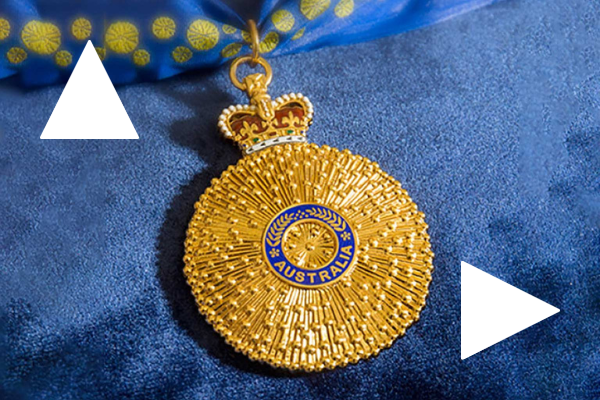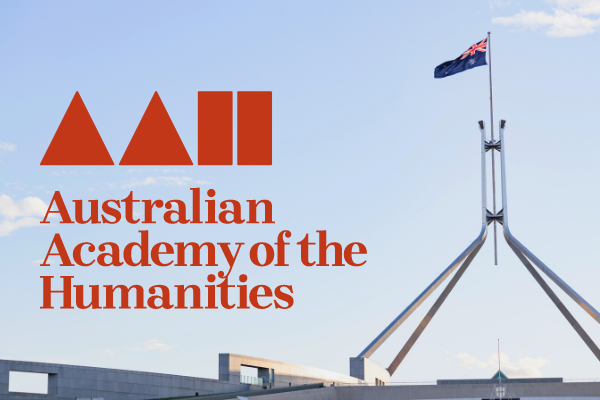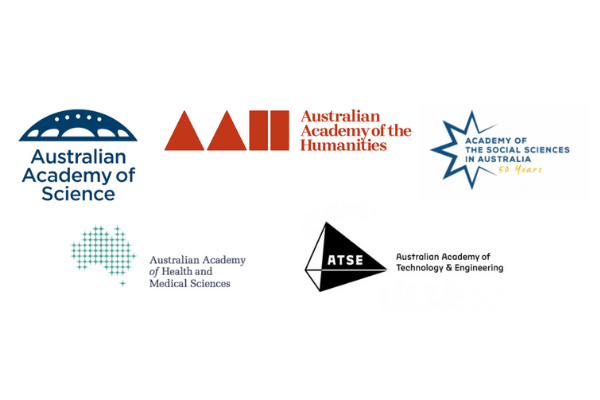Home > Newsroom
Newsroom
Explore all our latest news and stories. And, subscribe to our newsletter to be kept up to date with the latest Academy news. Or, explore past editions of our flagship journal: Humanities Australia.
View stories by category:
Two Academy Fellows are among the list of those recognised in the prestigious 2022 Queen’s Birthday Honours.
Emeritus Professor Lesley Head FASSA FAHA, President of the Australian Academy of the Humanities, today announced the resignation of long-serving Executive Director, Dr Christina (Tina) Parolin, effective November 25, 2022.
Climate change projections are indicating more droughts and floods in the next few years, but how should we think about risk, variability and change?
For 2022’s first President’s Conversation on 8 June, Academy President Emeritus Professor Lesley Head FASSA FAHA brought together a panel of experts from linguistics, ancient history, legal scholarship, risk perception analysis and environmental management to ask how we might learn from ancient societies, our legal frameworks and people on the ground to manage and mitigate the impacts of climate change on our water systems.
With the Federal Election now set for 21 May, the Academy is keen to engage on issues of priority to the humanities and arts sectors.
In the spirit of Humanities Australia, the Academy’s journal, we’re introducing a new series of essays by Fellows across a wide range of topics. This month, Academy President Emeritus Professor Lesley Head FASSA FAHA discusses reframing climate change as a social issue.
In this piece originally published in The Conversation, Academy Fellow Sheila Fitzpatrick examines the notion of Ukraine as “borderland”.
ACOLA’s members, Australia’s Learned Academies, are deeply shocked and condemn the military operation by the Russian Government towards Ukraine. International disputes should be resolved through the rules-based order, according to the principles of international law and with the utmost respect for human rights and lives, and the territorial integrity and sovereignty of nations.
We, the Presidents of Australia’s Learned Academies, are committed to a research and innovation system underpinned by the expertise and talent of researchers across the sciences, humanities, technology and engineering, social sciences, and health and medicine.
The Academy is delighted to congratulate our Fellows recognised in the 2022 Australia Day Honours List.
Professor Lesley Head, FASSA FAHA
President of the Australian Academy of the Humanities
The Australian Academy of the Humanities shares sector concerns about changes to the Australian Research Council (ARC) programs and governance outlined in a Letter of Expectation from Acting Minister for Education & Youth, the Hon. Stuart Robert MP, to ARC CEO Professor Sue Thomas.
Each year, we celebrate the books published by the Fellowship and our grants/awards alumni within the last 18 months.












